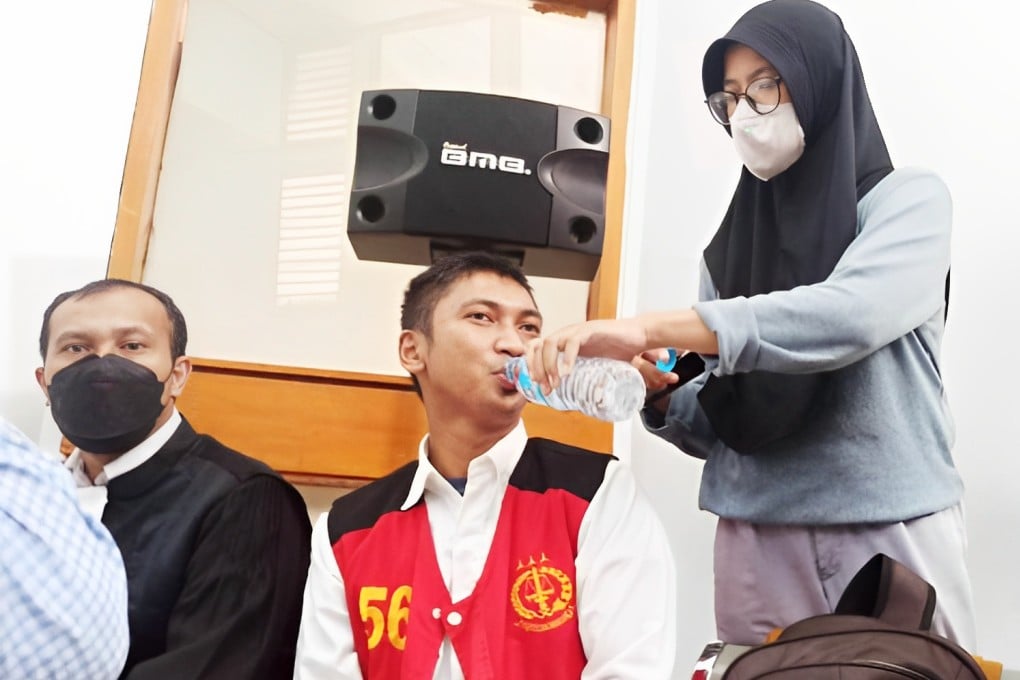Is Indonesia’s ‘elastic’ Cyber Law wrecking ordinary lives, destroying small businesses?
- A man spoke out on TikTok about a religious group’s ban on his business – and found himself behind bars
- Rights groups say it’s an example of how Indonesia’s 2008 Cyber Law is ‘elastic’ enough to cover all sorts of petty online disputes

Nugroho had been reported for “hate speech” under Indonesia’s Cyber Law by a powerful religious foundation headquartered in their neighbourhood, the Majlis Ta’lim Zaadul Muslim Albusyro, led by the influential cleric Habib Abu Bakar Assegaf.
Observers say cyber laws across Asia – which governments deem necessary to combat crimes in the digital age – lack robust checks and balances, and may even be used arbitrarily, sometimes wrecking the lives of those who are targeted.
First legislated in 2008 and subsequently updated in 2016 to regulate digital transactions, Indonesia’s Cyber Law has been criticised by civil rights groups for being “elastic” enough to cover all sorts of petty online disputes.
Nugroho, 32, is now in jail while he awaits a further trial at the South Jakarta District Court, with a verdict expected in August.
The turn of events has upended the lives of his wife and children. “The case now consumes so much of my time that I’ve had to send my two children, aged eight and seven, away to live temporarily with my parents,” Sonia said.
Unable to keep her shop open, she now relies on her in-laws to support her family.